ARTIFICIAL INTELLIGENCE: a quick guide
Posted by Tehillah Mwakalombe on 8th Dec 2023
In the ever-evolving world of technology, artificial intelligence (AI) and chatbots have come up as amazing tools that are transforming the way we work. These intelligent systems are designed to simulate human-like conversations, providing quick and efficient responses to users needs. In this blog, we will explore what AI and chatbots are, how they function, and the range of uses they have in various industries.
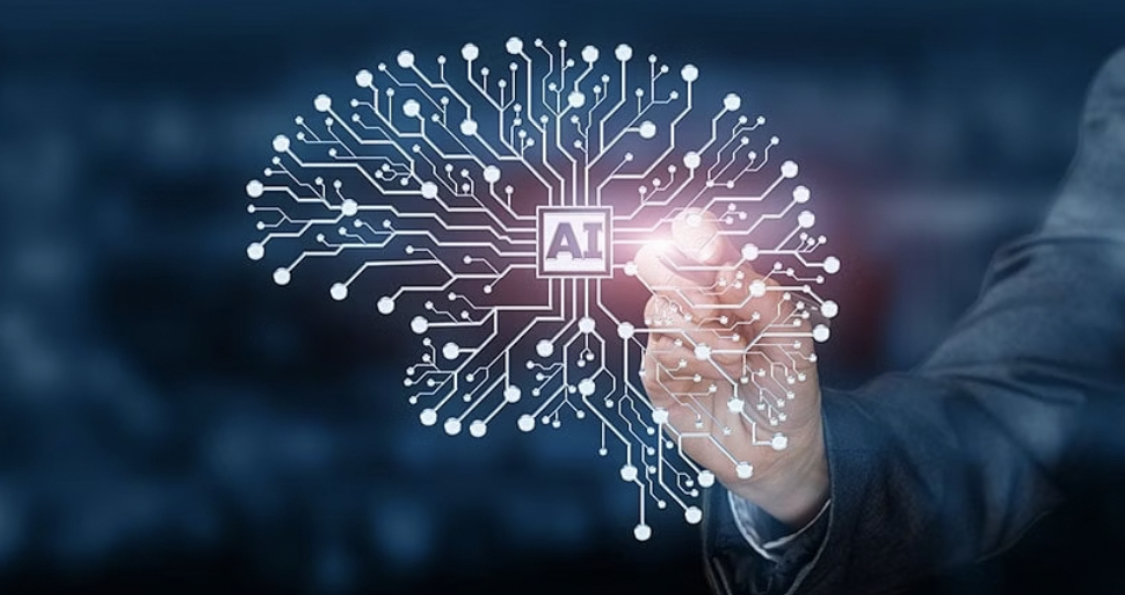
Understanding AI
Artificial intelligence refers to the development of computer systems that can perform tasks that typically require human intelligence. It involves the use of algorithms and machine learning techniques to allow machines to learn from data, recognize patterns, make decisions, and even show problem-solving capabilities. AI has a wide range of technologies such as natural language processing (NLP), computer vision, and deep learning, which are vital components for creating intelligent chatbots.
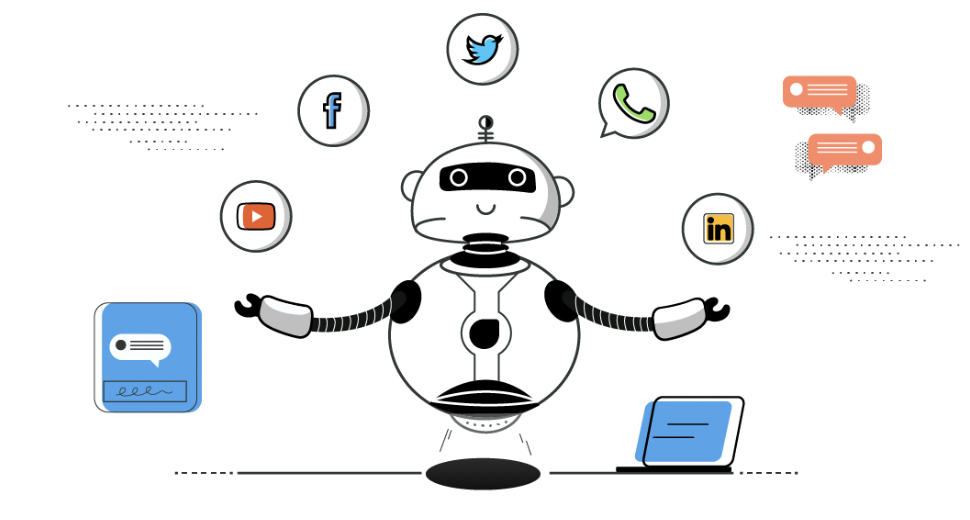
The Rise of Chatbots
Chatbots are AI-powered virtual assistants that engage in conversations with users via text or speech interfaces. These automated systems use AI algorithms to understand user inputs and provide relevant responses in real-time. Chatbots can be rule-based or AI-driven. Rule-based chatbots follow pre-set rules, while AI-driven chatbots use machine learning to continuously improve their responses based on user interactions. They can be integrated into websites, messaging platforms, mobile apps, or even physical devices.
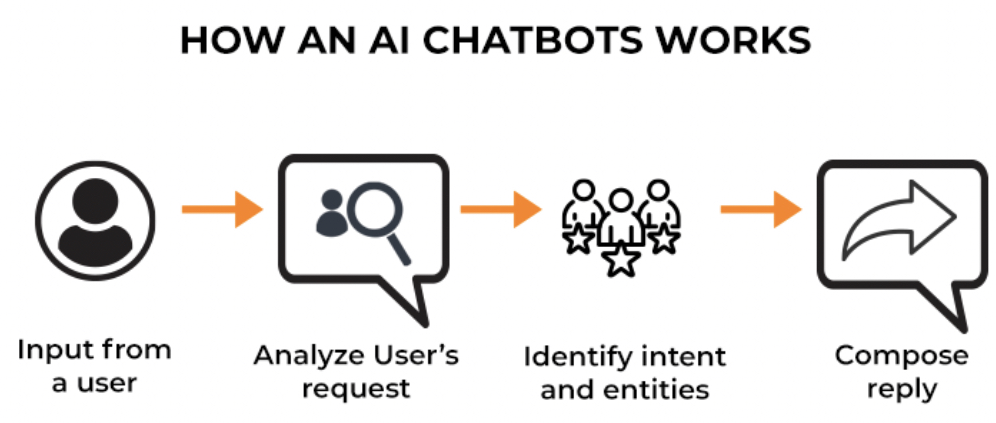
How do Chatbots Work
Chatbots use a combination of technologies to carry out their functions. Natural language processing (NLP) allows chatbots to understand and interpret user inputs, take out key information, and conclude the meaning behind the message. Machine learning algorithms are used to train chatbots on large amounts of data, allowing them to recognize patterns and give accurate responses. Additionally, chatbots can access databases, APIs, and external sources to bring the necessary information and give personalized data.
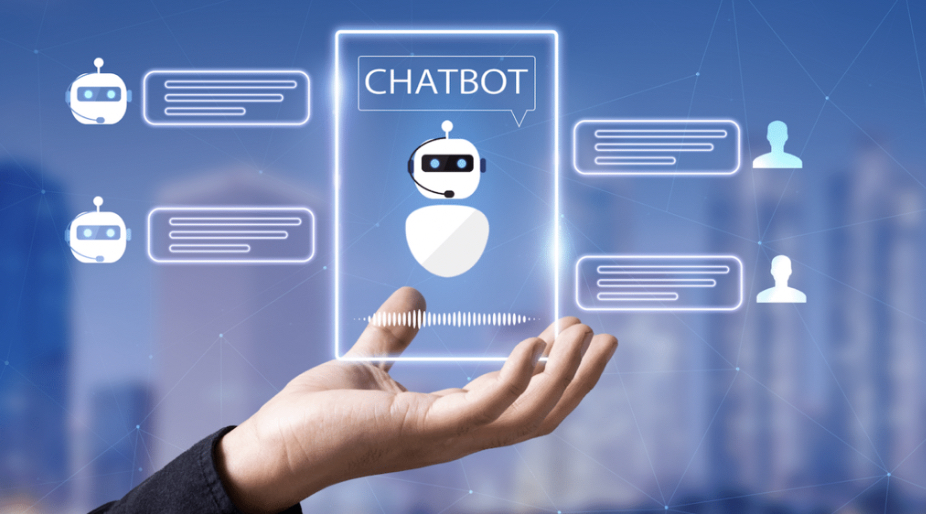
Applications of AI Chatbots
The applications of AI chatbots is spread in many industries and sectors. In customer service, chatbots offer instant support, answer frequently asked questions, and resolving common issues. They increase efficiency and customer satisfaction by providing 24/7 availability. Chatbots are also used in e-commerce, assisting users with product recommendations, order tracking, and personalized shopping experiences. Chatbots are also extremely useful in the education sectors, they assist in gathering and organizing information on specific topics.
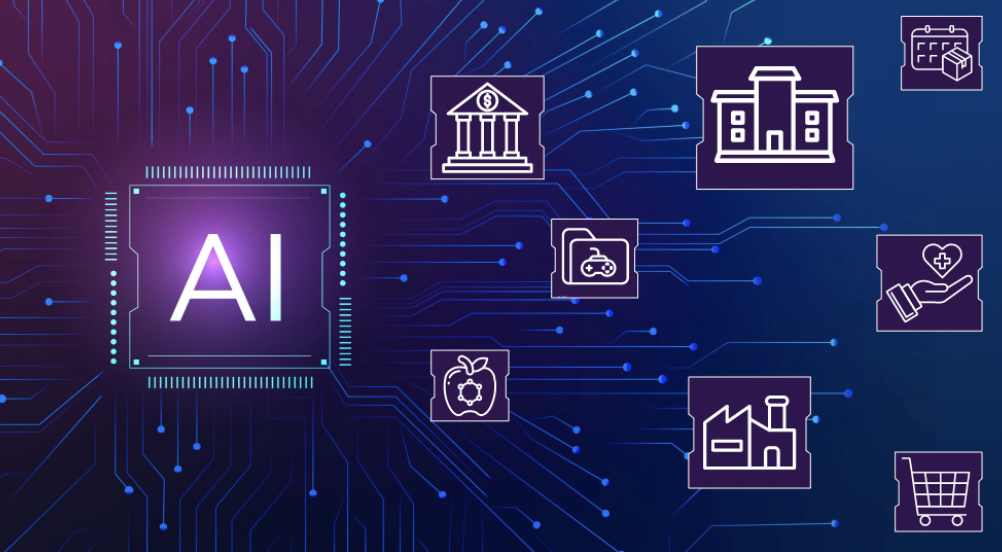
In Conclusion, Artificial intelligence and chatbots are revolutionizing communication by allowing businesses to provide efficient, personalized, and constant support to their customers. With advancements technology and machine learning, chatbots have become increasingly intelligent, capable of handling complex question and engaging in more natural conversations. As the technology continues to evolve, we can expect chatbots to become even more smart. The potential for AI and chatbots to improve various aspects of our lives in terms of convenience and productivity as almost endless!

